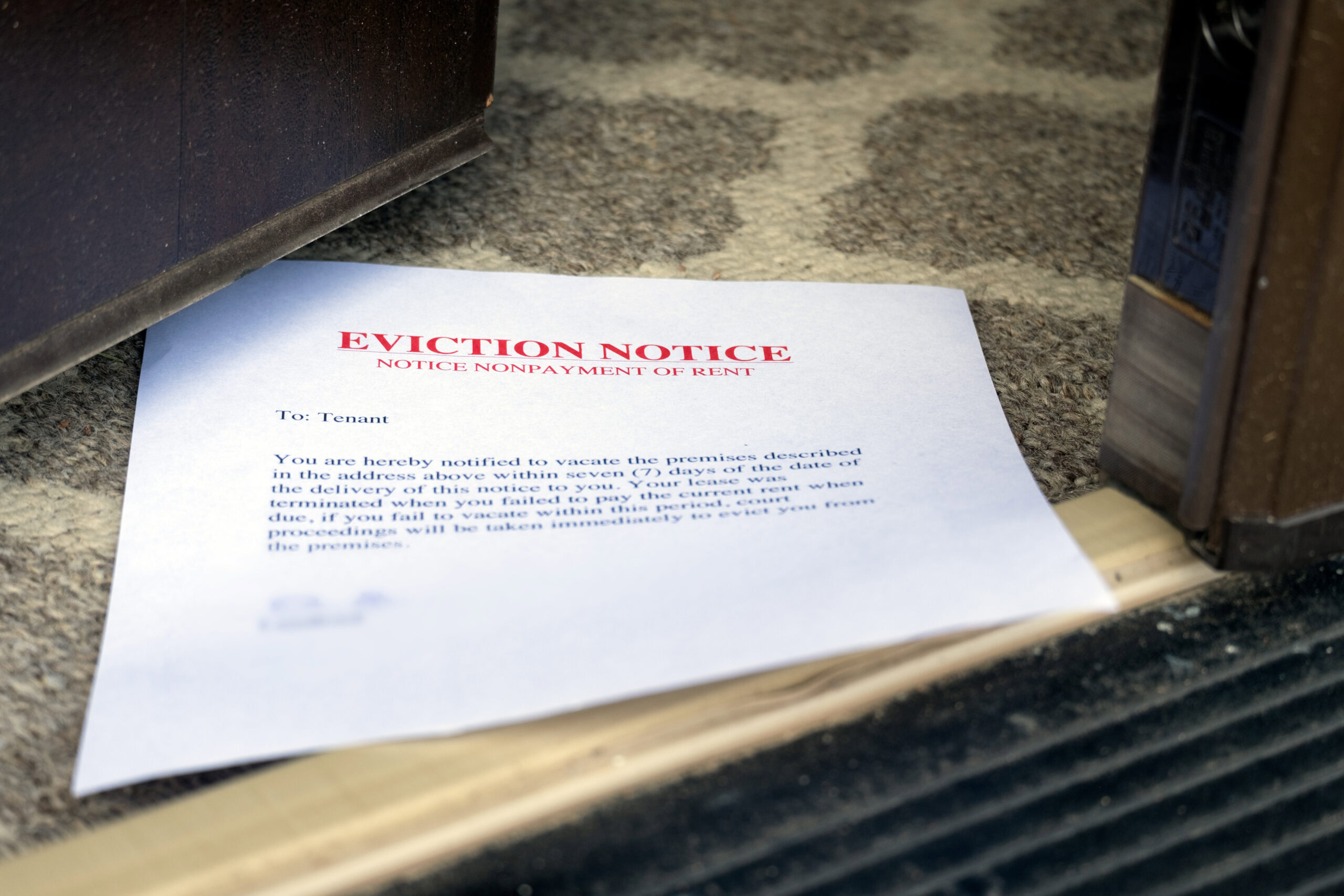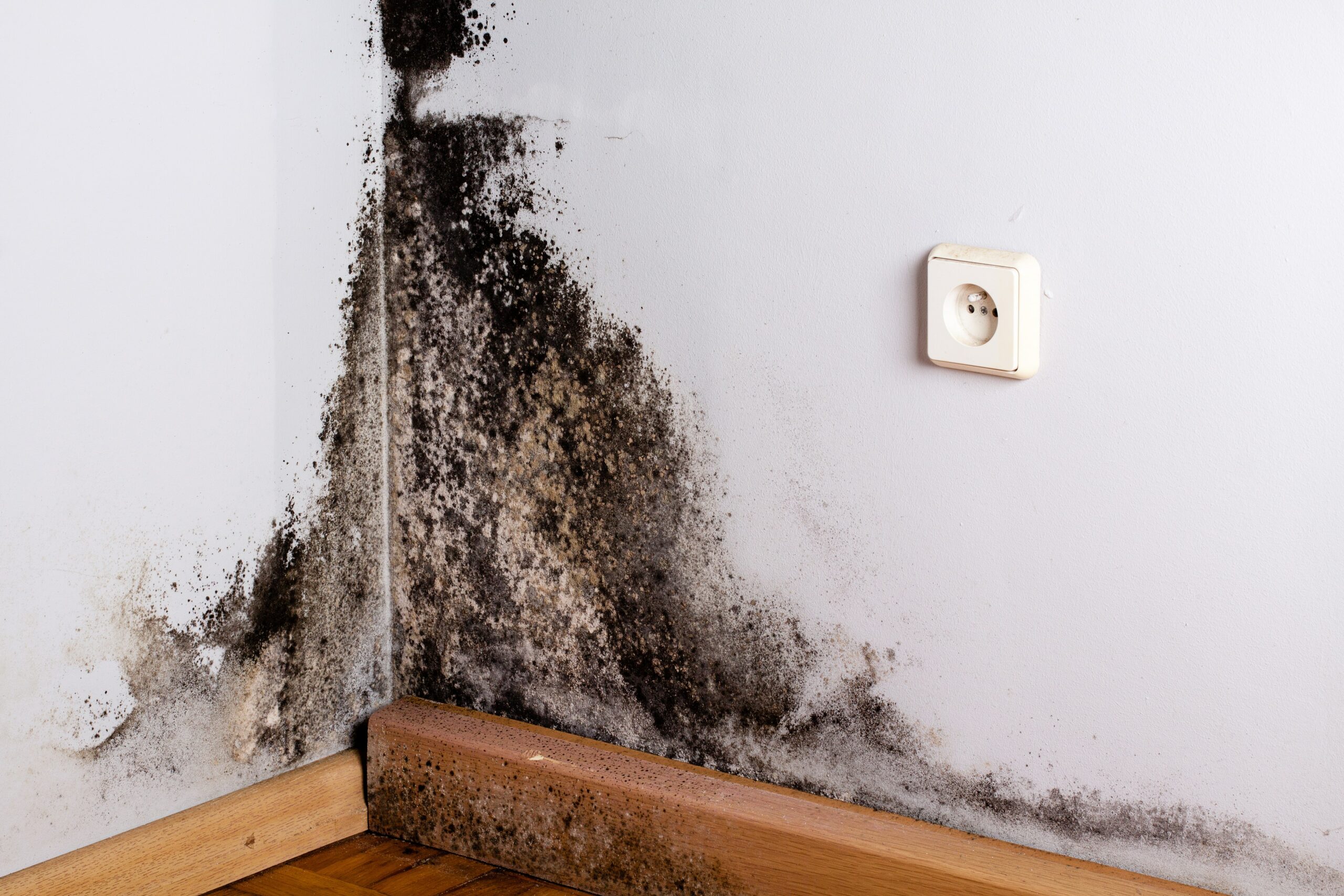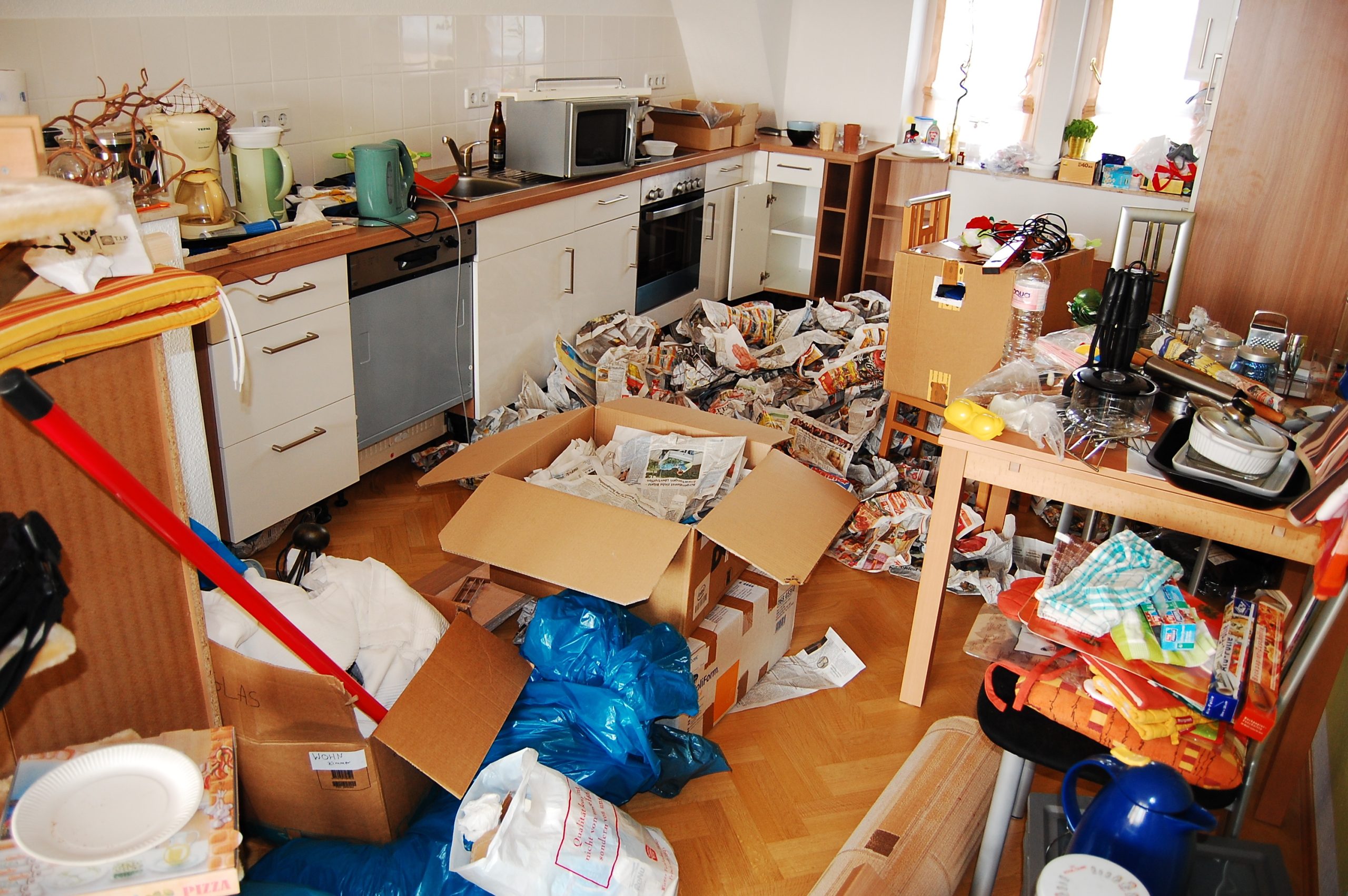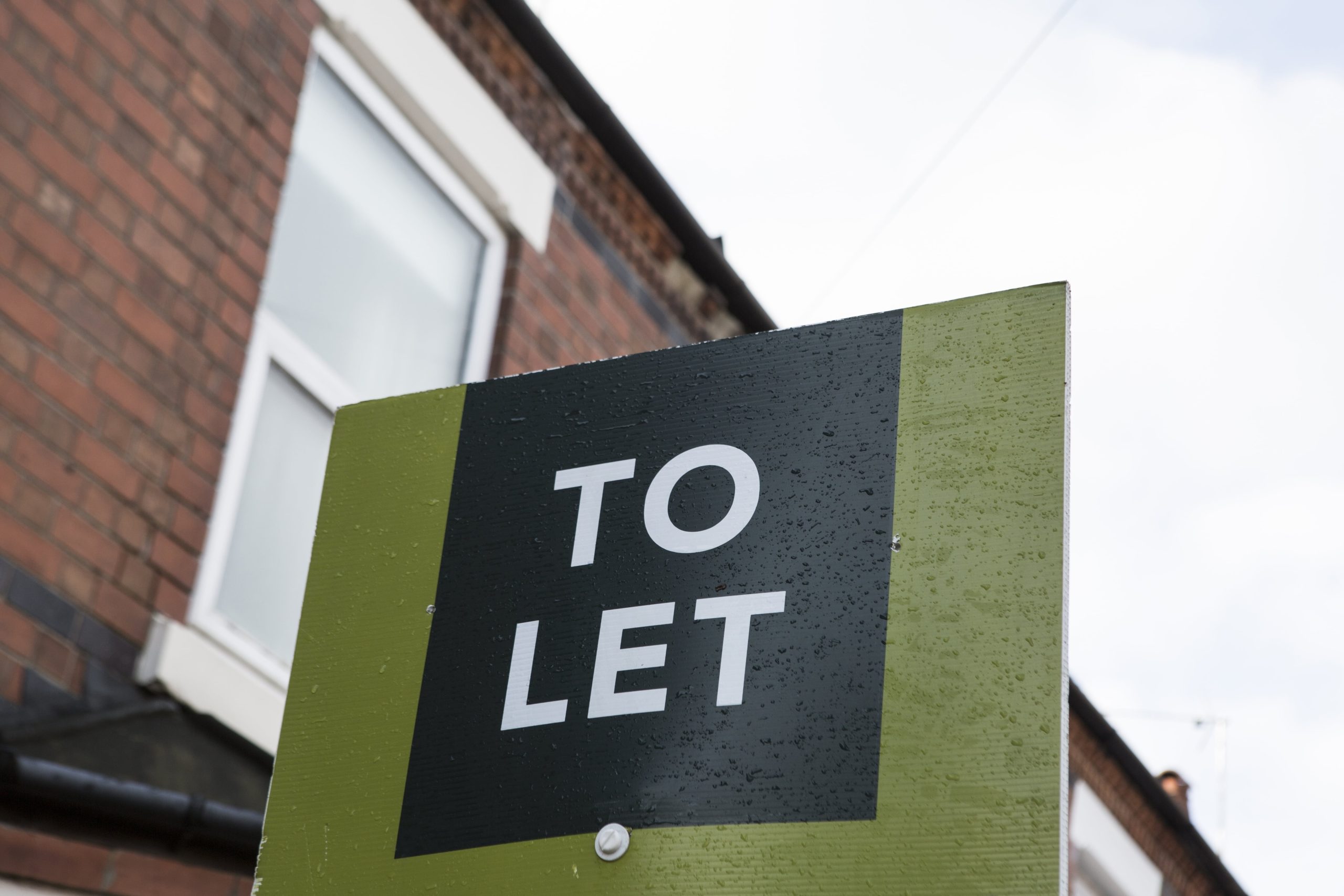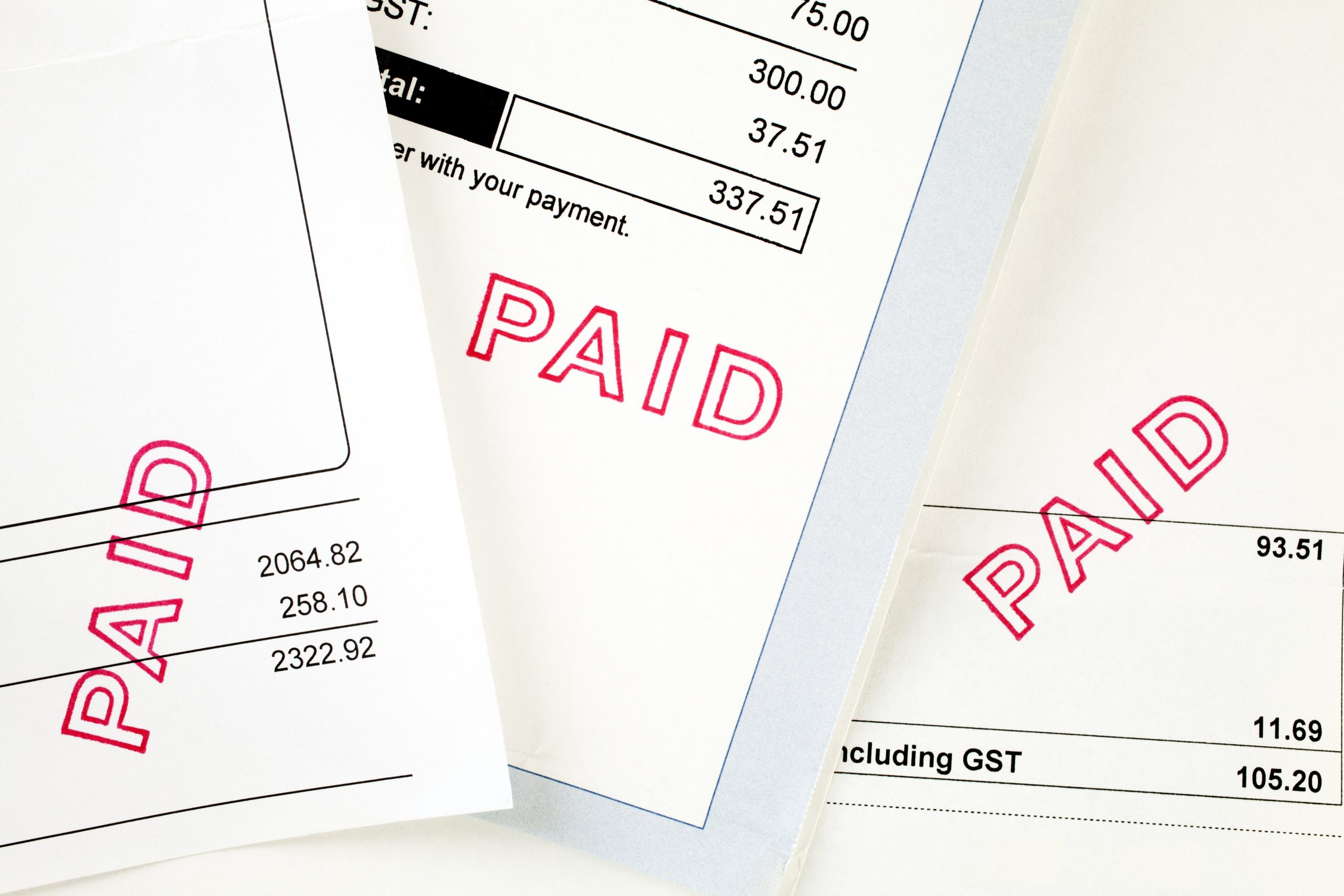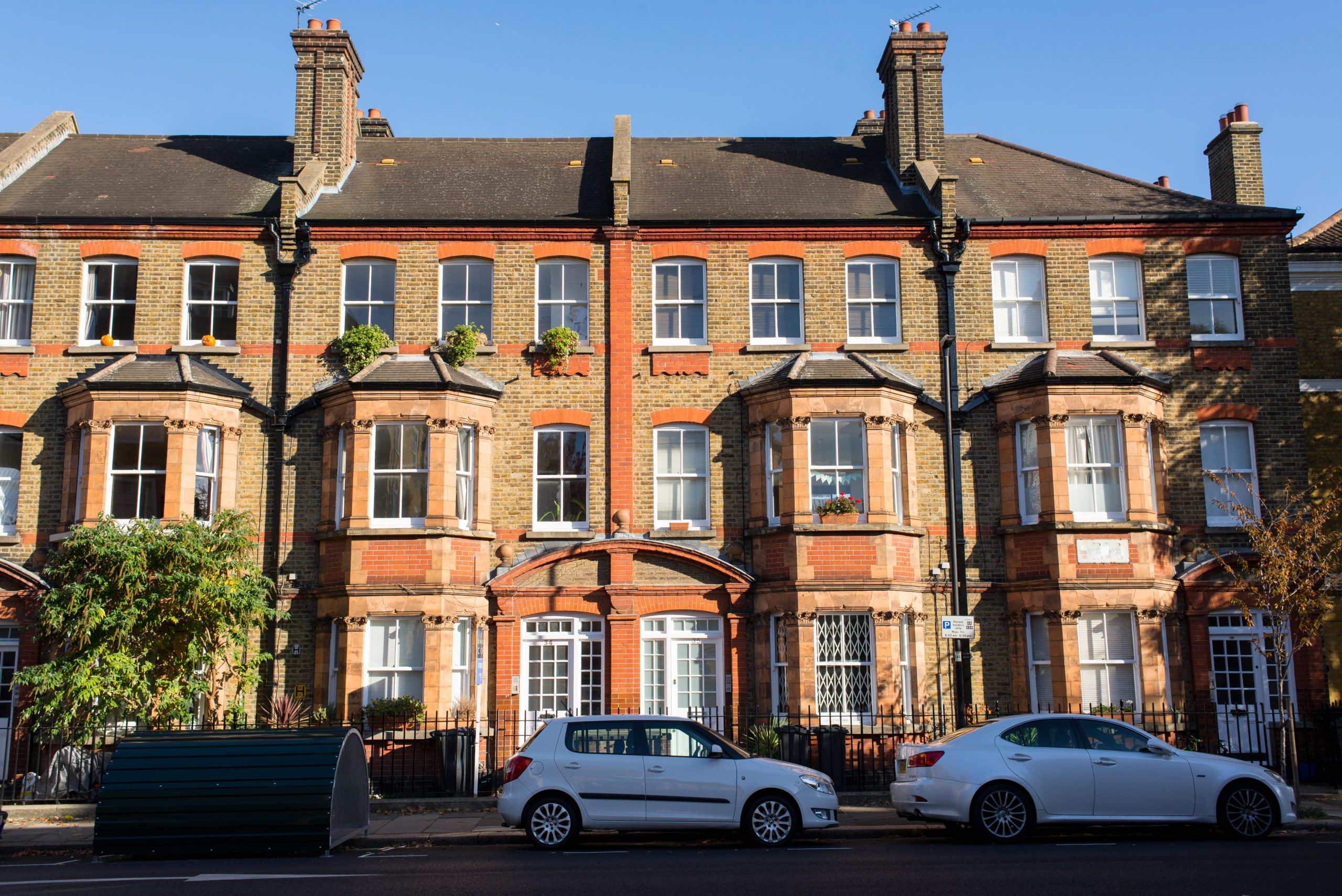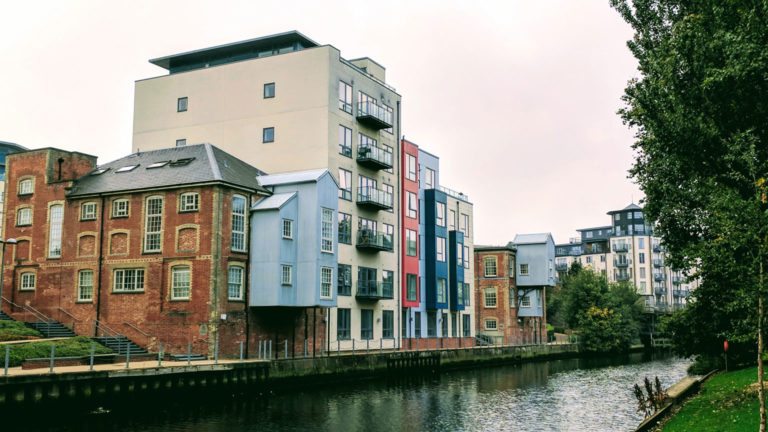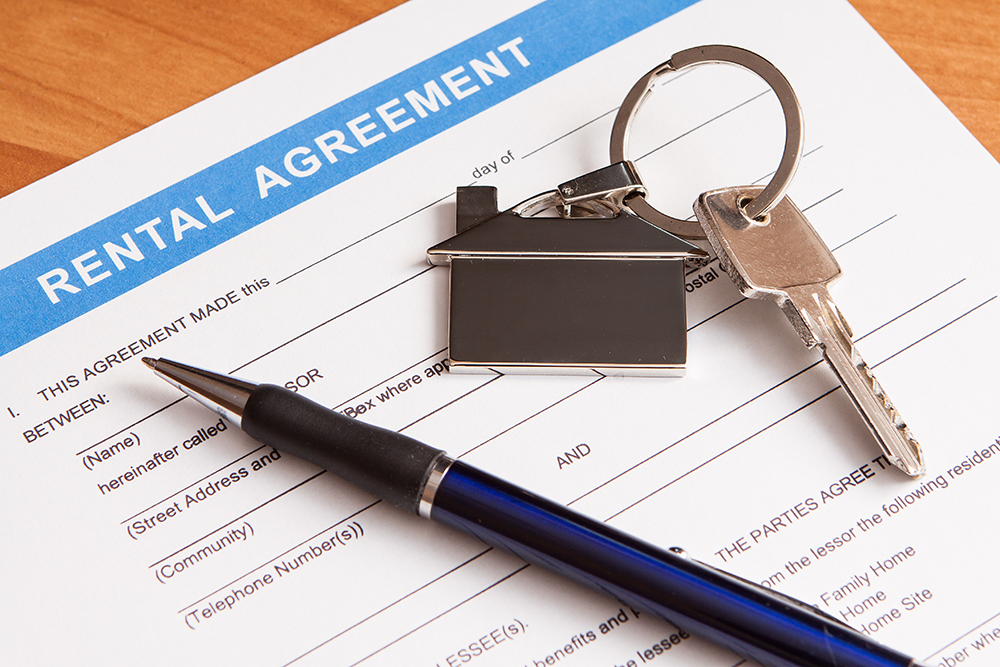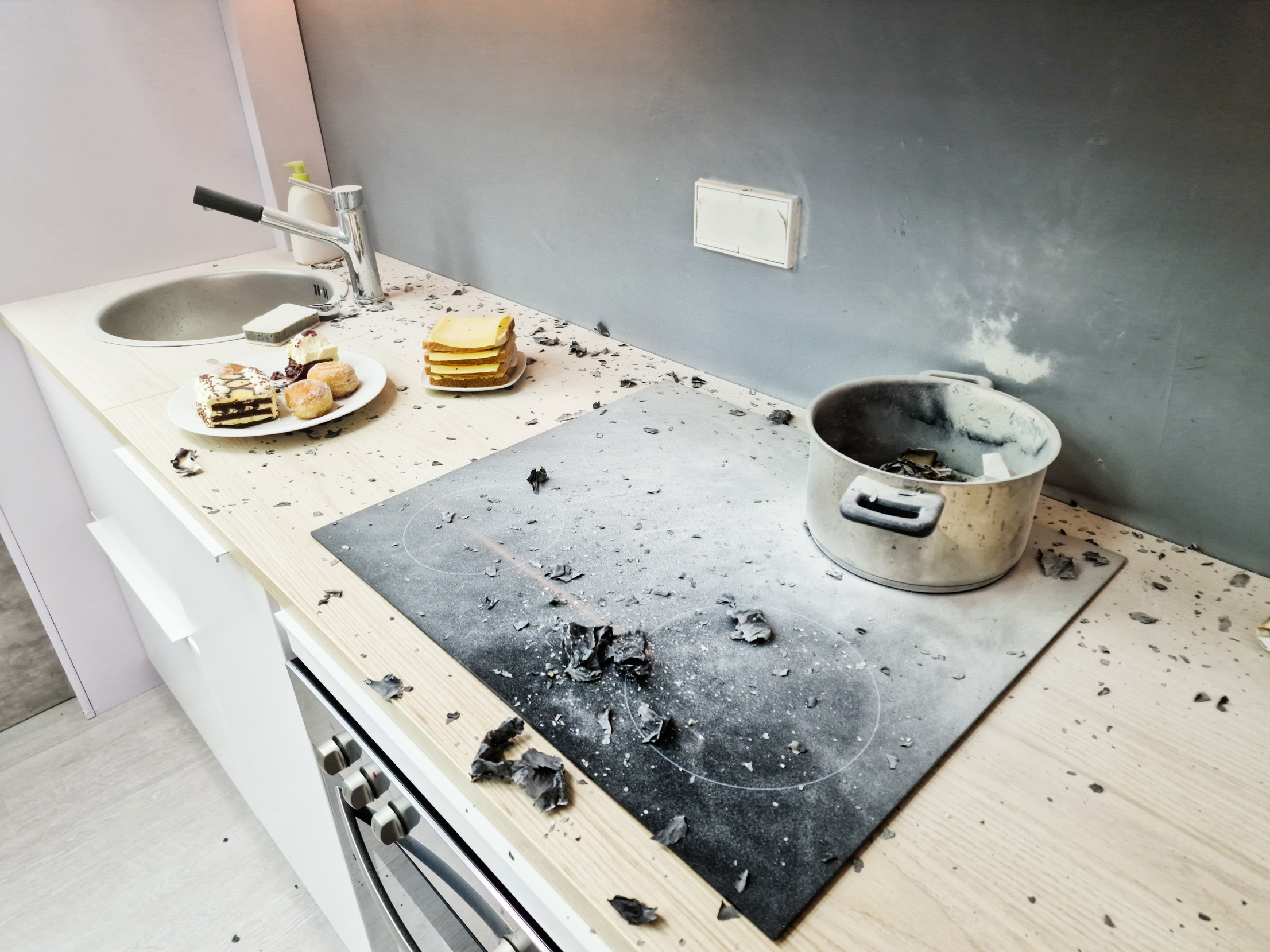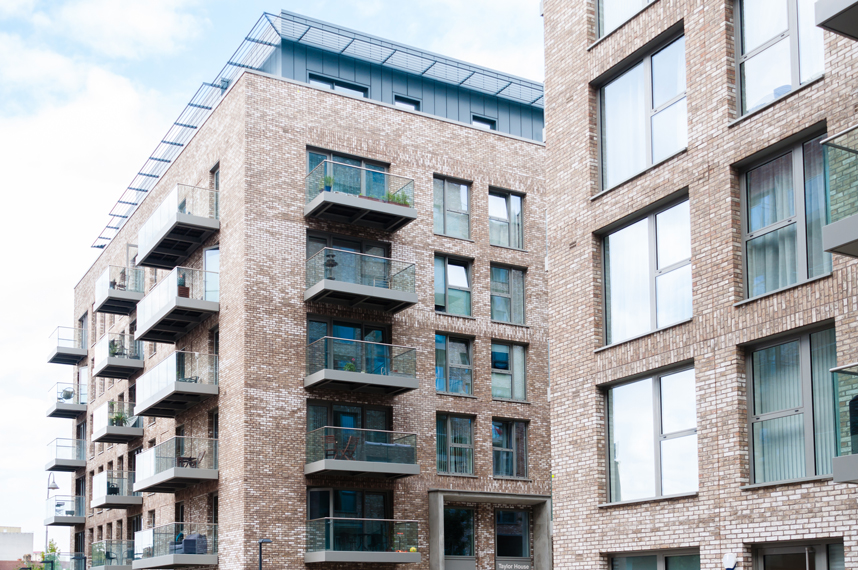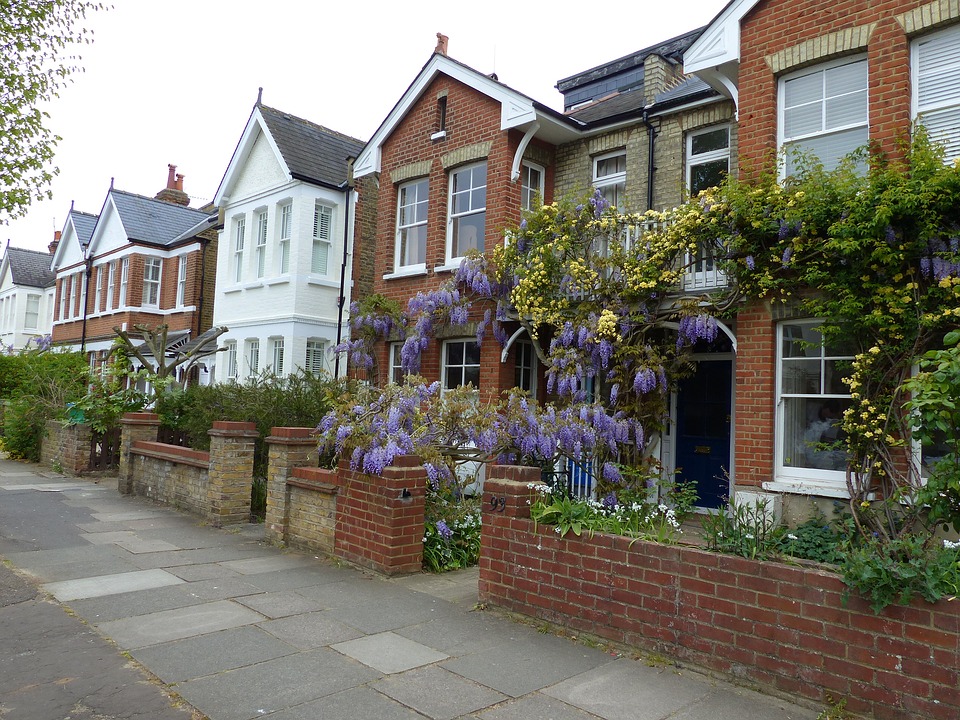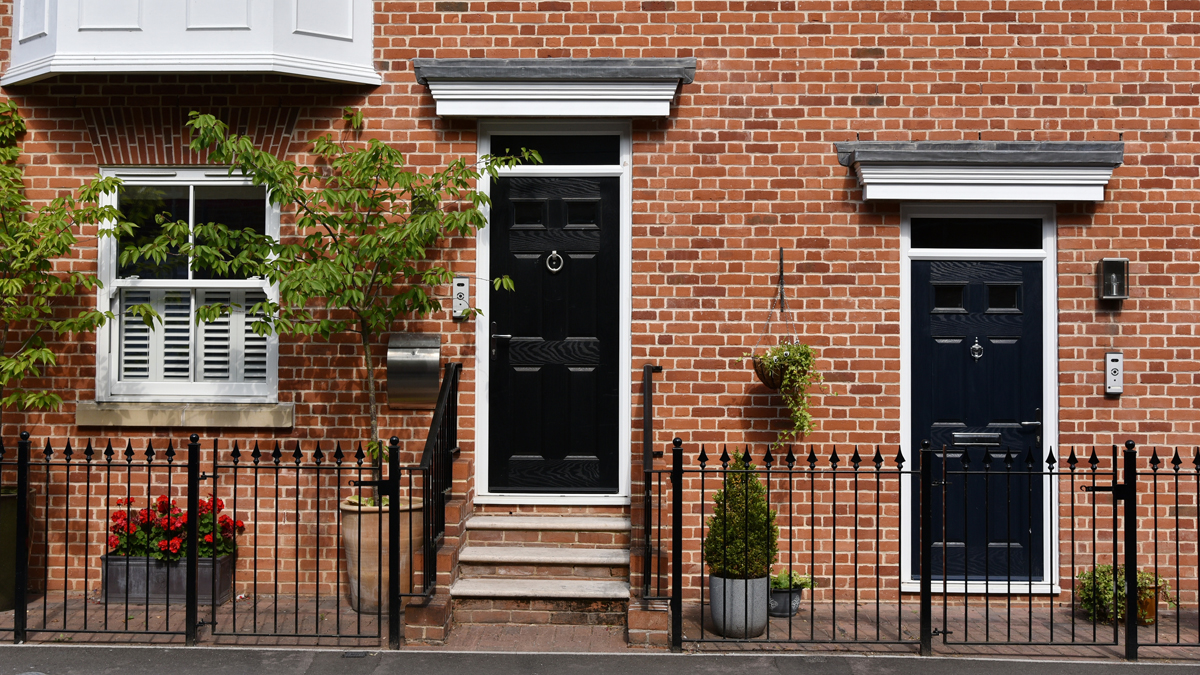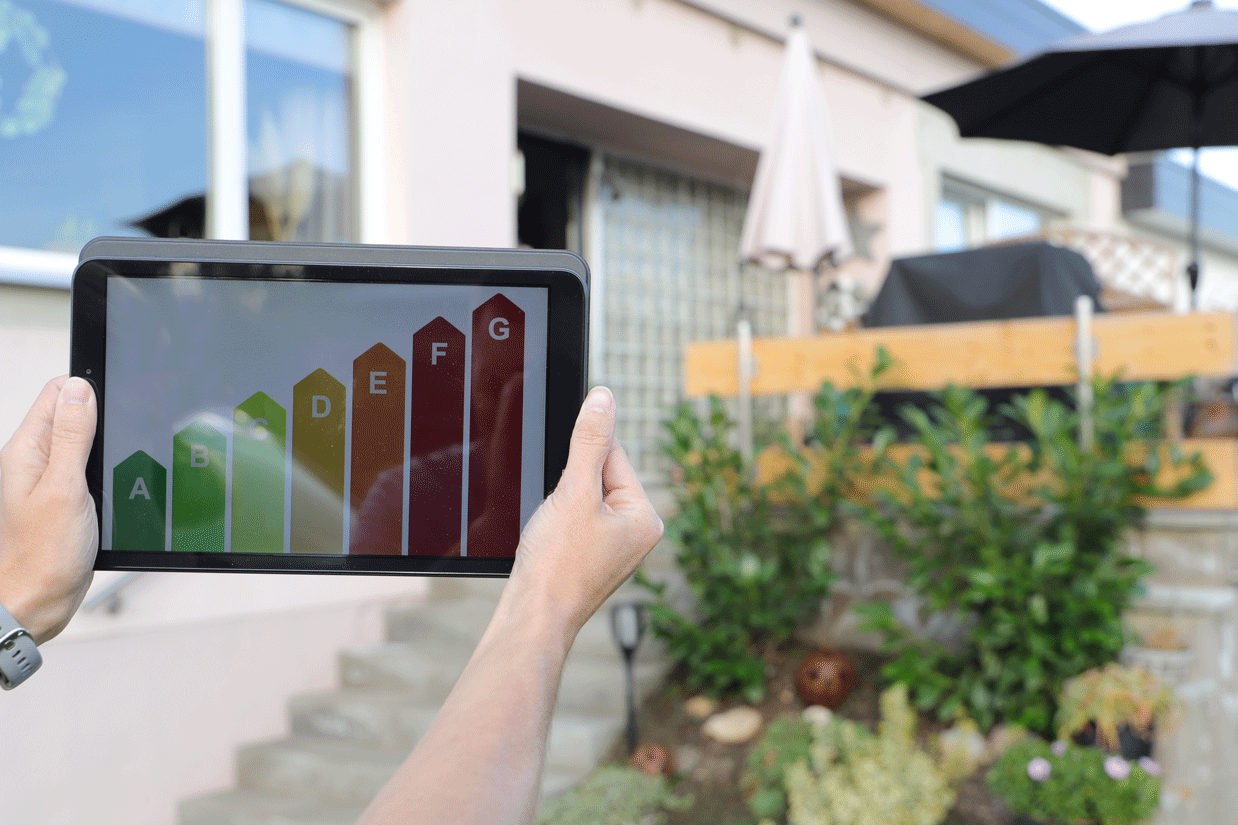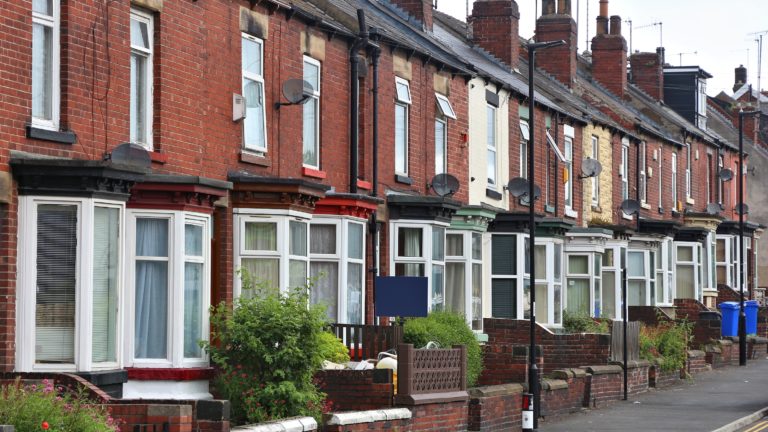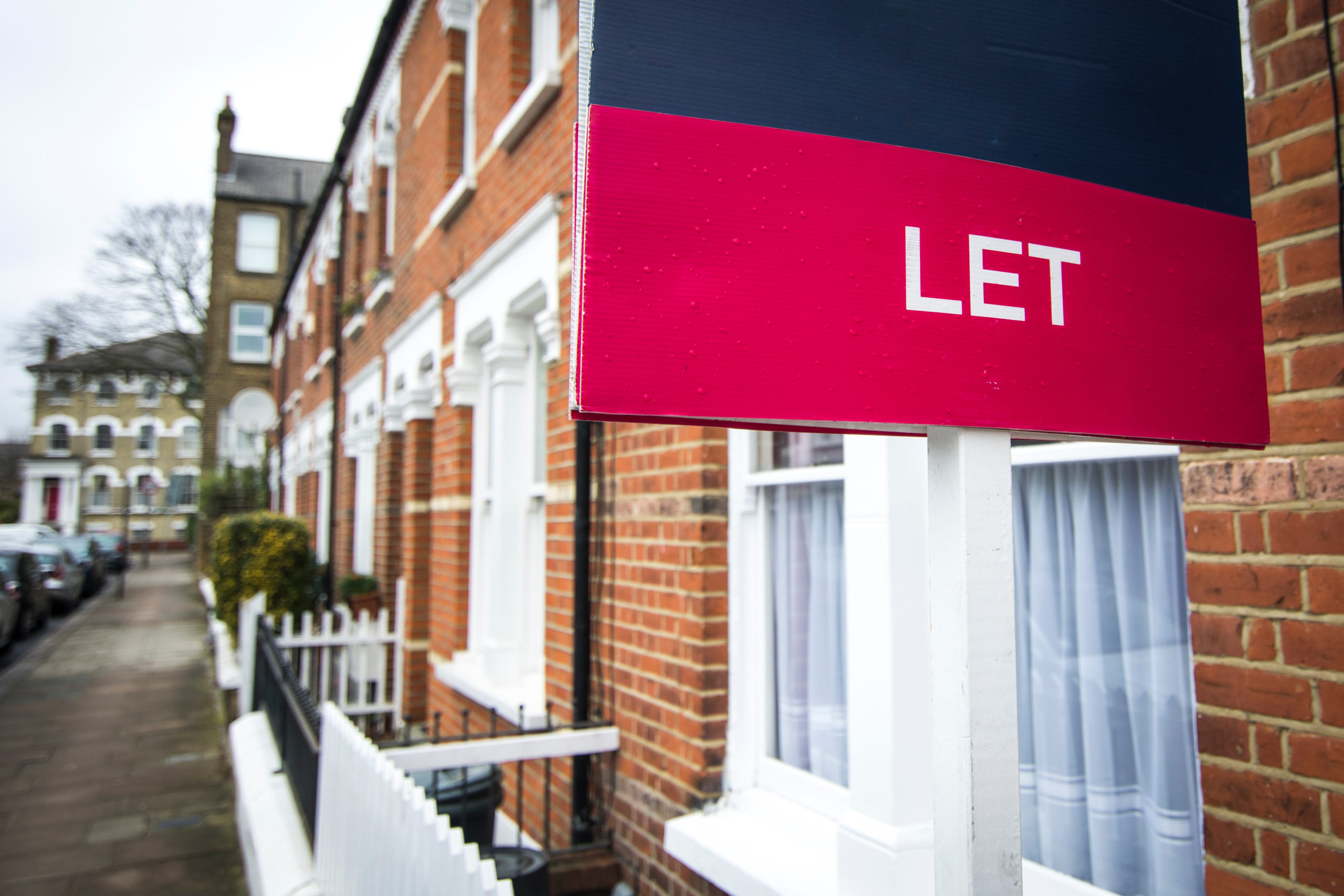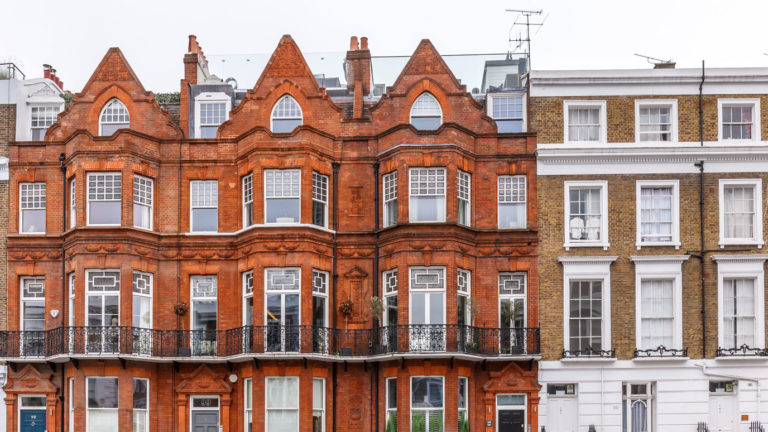Finding good tenants is the most important aspect of running a successful buy-to-let. Get it wrong and you could land yourself with an ongoing headache. Get it right and renting out your property becomes a much smoother, and hassle-free, experience. In this short guide, we share our top insights into finding the best tenants for your property.
What kinds of tenants should I look for?
Fundamentally, every landlord is looking for tenants who pay their rent on time, look after their property and – ideally – are nice people to do communicate with.
Beyond that, different landlords have different preferences. Some prefer to rent to professional couples, while others may be happier leasing to families, students, or older people. Generally speaking, there are benefits and drawbacks to letting properties to any demographic, but it’s always a good idea to try and match your property to the needs of your ideal tenant.
How can I choose good tenants?
The first step to choosing good tenants is to do your homework. Meet applicants in person and see whether you warm to them. If you have any doubts, then it’s normally wise to go with your gut – you’re not obliged to let your property to anyone.
When you meet tenants, be sure to ask them lots of questions. It’s a good way to make sure they can afford your rent, but it’s also an opportunity to find out what they are like as people.
How can I spot a good potential tenant?
Look for signs that a tenant has also done their homework. If they ask you questions about the neighbourhood, local amenities, and community life, it suggests they’re searching for a property that meets their needs, rather than the first property that they find. If they have their paperwork, references, ID etc prepared this could make them a strong candidate.
How do I choose between two candidates?
You should use the results of the tenant referencing to help you make a decision. If this indicates past problems for one candidate such as non-payment of rent, then you can rule them out. If the referencing throws up no issues for either potential tenant, then go with who you feel would be a better suit for your property.
What are the best ways to attract tenants?
Firstly, make sure your property appeals to the type of tenant you want to attract. For example, if you’re looking for young professionals, they’re more likely to want an apartment or house with modern fixtures and fittings, and perhaps space for working from home. A family, on the other hand, will probably prioritise generous living space, designated parking, and a generous garden.
Secondly, get the word out in the right place. If you don’t want to use a letting agent, social media is a great way to advertise your property – as are traditional methods such as newspaper ads and notices in shop windows.
Should I use a letting agent to find a tenant?
You can, but you don’t have to. The big advantage is that they’ll already have a list of prospective tenants who are looking for properties in your area. They’ll also ensure that your legal obligations toward your tenant are fulfilled, such as issuing the correct paperwork, referencing the tenant, protecting the deposit etc. On the downside, you’ll have to pay for their services. The cost will vary but expect to pay a fee of about one month’s rent or a percentage of the rent for the tenancy (in the region of 8% – 10%).
It’s important to bear in mind, though, that it is normally a condition of most landlord insurance policies that you comply with your legal obligations as a landlord. Failure to do so could invalidate a claim. Therefore, if being a landlord is new to you you may want to use a letting agent as they will be familiar with these requirements.
If you decide against a letting agent, marketing the property yourself is relatively easy and cheap. You also have more control over the process. However, don’t forget to arrange tenant referencing – this is crucial to weed out potentially troublesome tenants.
How can I be a good landlord?
Taking your landlord responsibilities seriously marks you out as a good, dependable landlord. However, remember that tenants will also be looking for qualities like the following:
- Quick responses to problems
- Fair rent and rent rises
- Good communication
- Respecting their privacy
- Being open minded (such as considering re-decoration)
Fundamentally, if you are respectful, fair, and transparent, you’ll soon build up a reputation as a good landlord.
How to develop a good relationship with your tenant?
Every landlord is different, but the following can help to develop a good relationship with your tenants.
- Get to know them.
Meet them in person and make sure they know you’re looking for good tenants, not just a monthly rental payment. - Set expectations.
Ensure you tell them about your expectations and their responsibilities – and yours as a landlord. - Deliver on promises.
If you say you’re going to do something, do it. If there’s a genuine delay, explain why. - Communicate well.
It makes you more approachable – tenants will trust you more and alert you to problems earlier. - Work together.
If things go wrong, you can often solve the problem quicker or earlier if the tenant knows you’re willing to work together to find a solution.
Insurance to help protect your property
Sometimes a tenant will pass referencing checks with flying colours and you like them enough to offer them a tenancy. Then something goes wrong. The tenant may stop paying the rent. They may damage your property. They may even start subletting all or part of your property.
That’s why it’s essential to have landlord insurance. This generally protects your building and contents, and you can add additional policies such as rent guarantee insurance. Landlord legal expenses insurance can also be helpful as it provides a 24/7 legal advice helpline, and assistance with things like issuing section notices and the process of evicting a tenant, should you be in the position of needing to regain possession of your property.
This article is intended as a guide only. Please note that legislation does change, it is always best to check the most up to date guidance on gov.uk. Most landlord insurance policies arranged by Alan Boswell Group also have access to a legal advice helpline where policyholders can seek further advice.





